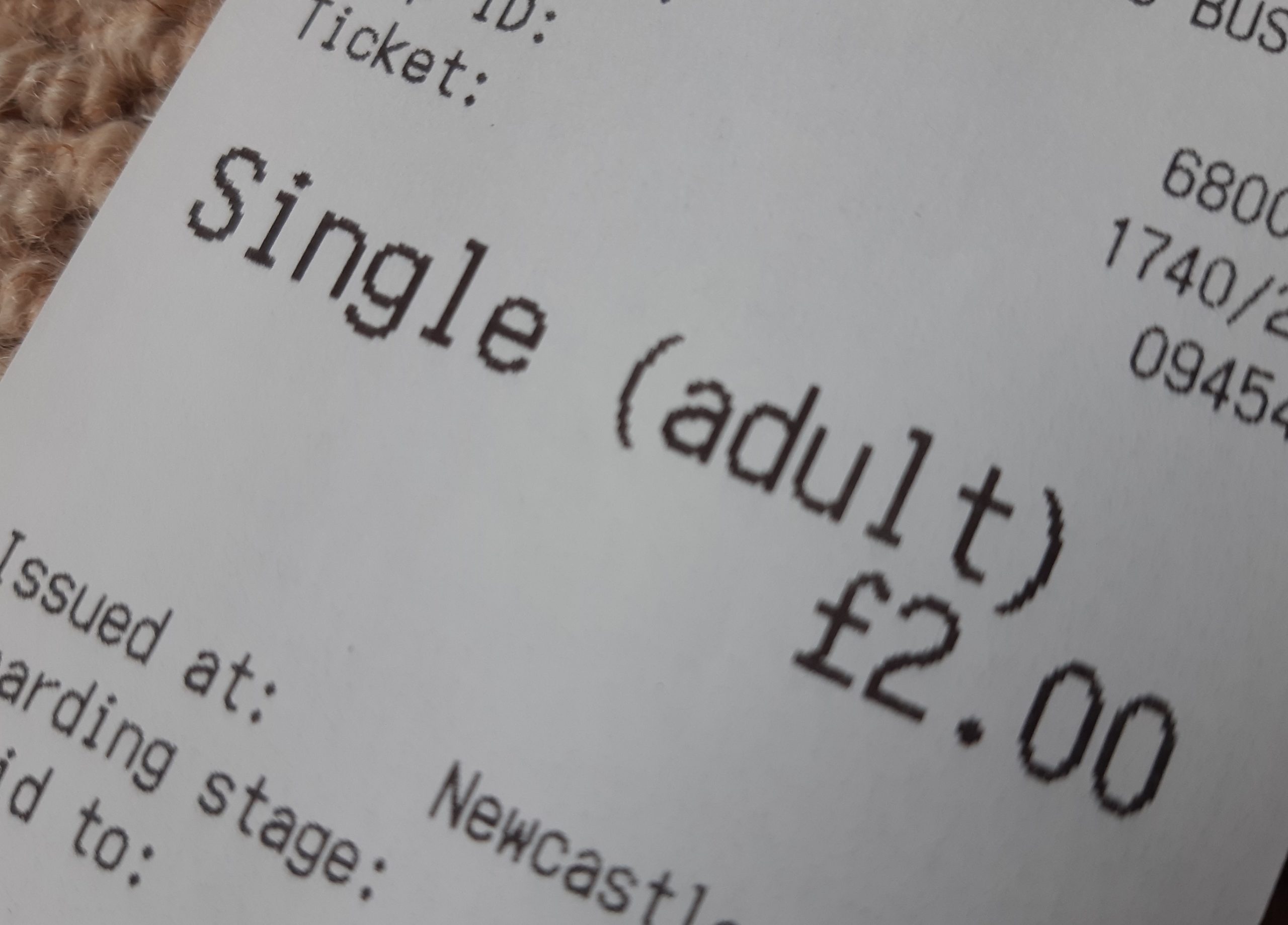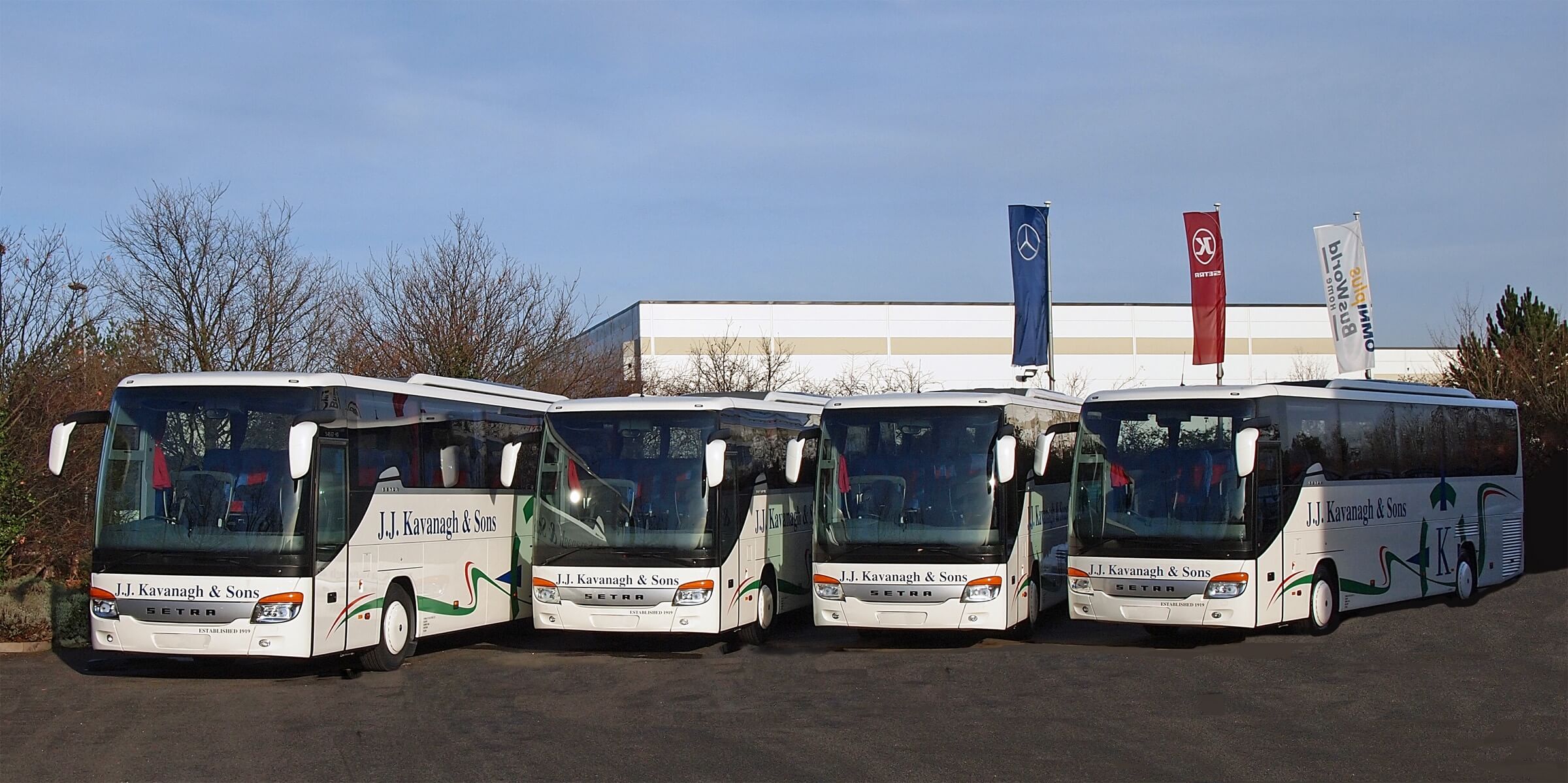Only 12 operators in England that submitted baselining data to the Bus Fare Cap Grant (BFGC) scheme at its preparatory stage subsequently declined to take part after reimbursement sums were offered, the Department for Transport (DfT) has revealed.
Those businesses are among 160 that participated in the baselining exercise. At the time that data was submitted, the voluntary £2 fare capping scheme was expected to last for three months between January and March.
The total value of funding offered to the 12 businesses that declined to take part amounts to £623,385 out of an up to £60 million budget for the first round of BFCG.
The scheme has now been extended for a further three months to the end of June, but the maximum funding allocation for that additional period is £75 million. In a letter to the bus industry in England shortly after that was announced, Secretary of State for Transport Mark Harper said that he hoped the further money for BFCG would encourage additional operators to take part.
Presently, the 148 operators that are participating in BFCG capture what DfT claims is 4,700 routes. For the second part of the scheme, new entrants will be permitted.
It is understood that thus far, DfT has asked operators already participating in BFCG for patronage data for 2022 for eligible services and tickets, service mileage data for 2022 and January 2023, and projected mileage until June 2023.
Of those bus operators that did not take part in the first three months of Bus Fare Cap Grant, several stated publicly that the reimbursement on offer via the lump sum approach was insufficient.
One claimed that it would have led to “a huge revenue loss” while another said the approach “would not be sustainable and would put our network of rural services at risk.” However, other operators have welcomed BFCG and quickly said that it has proved its worth.



























